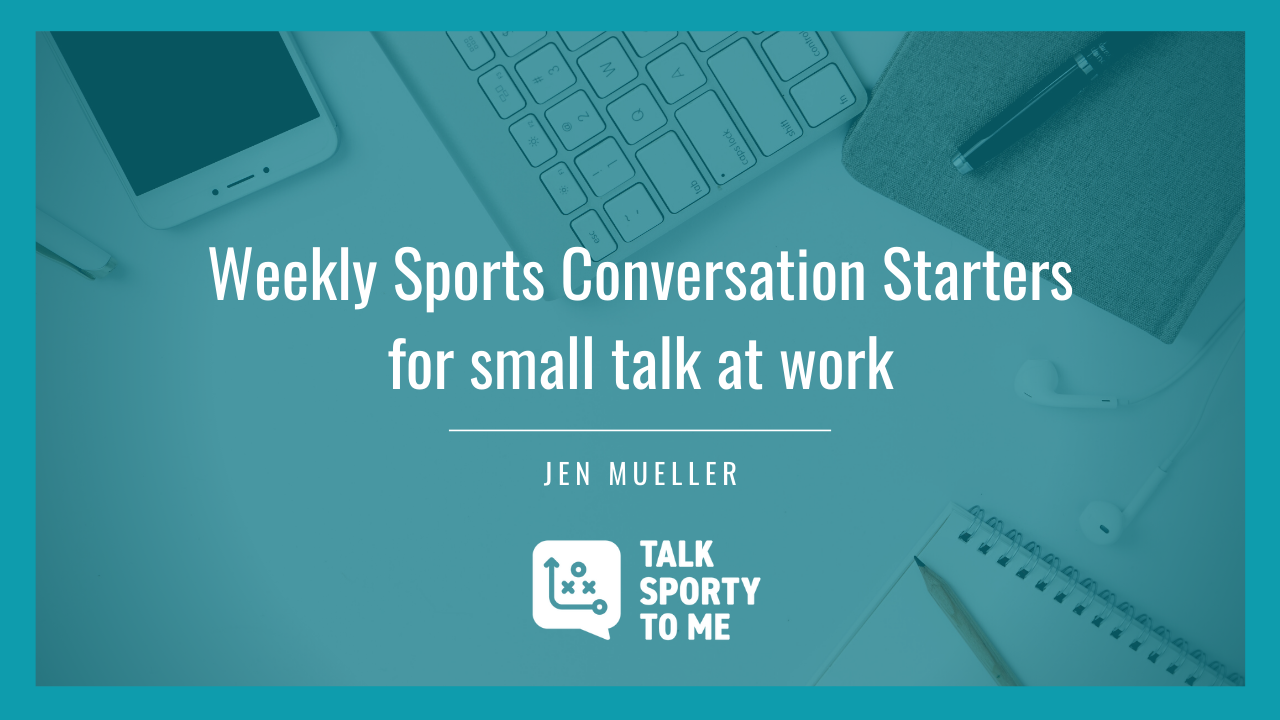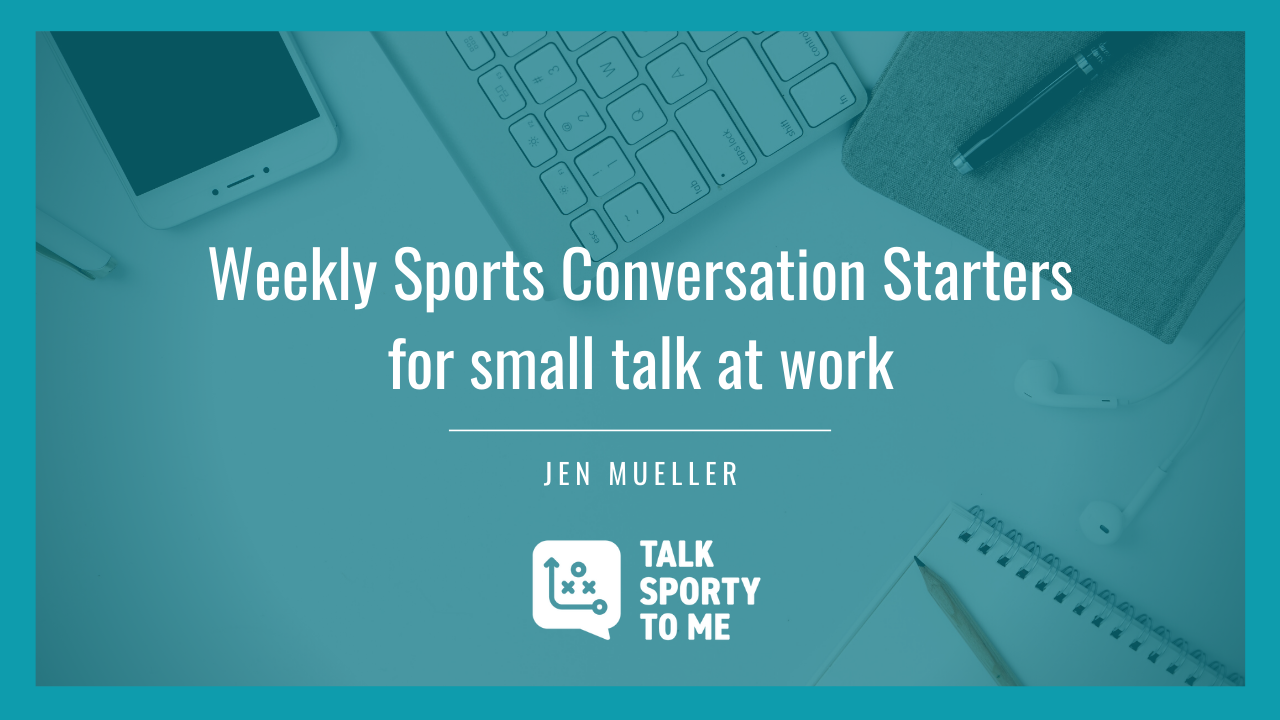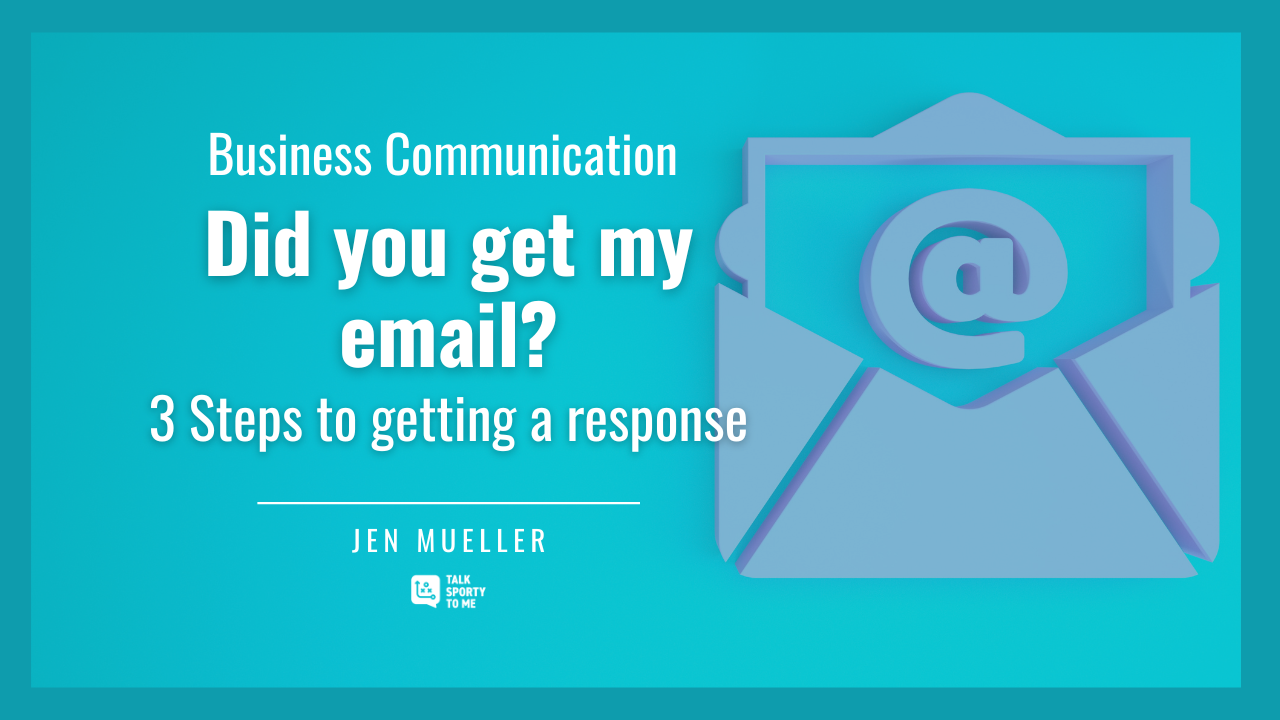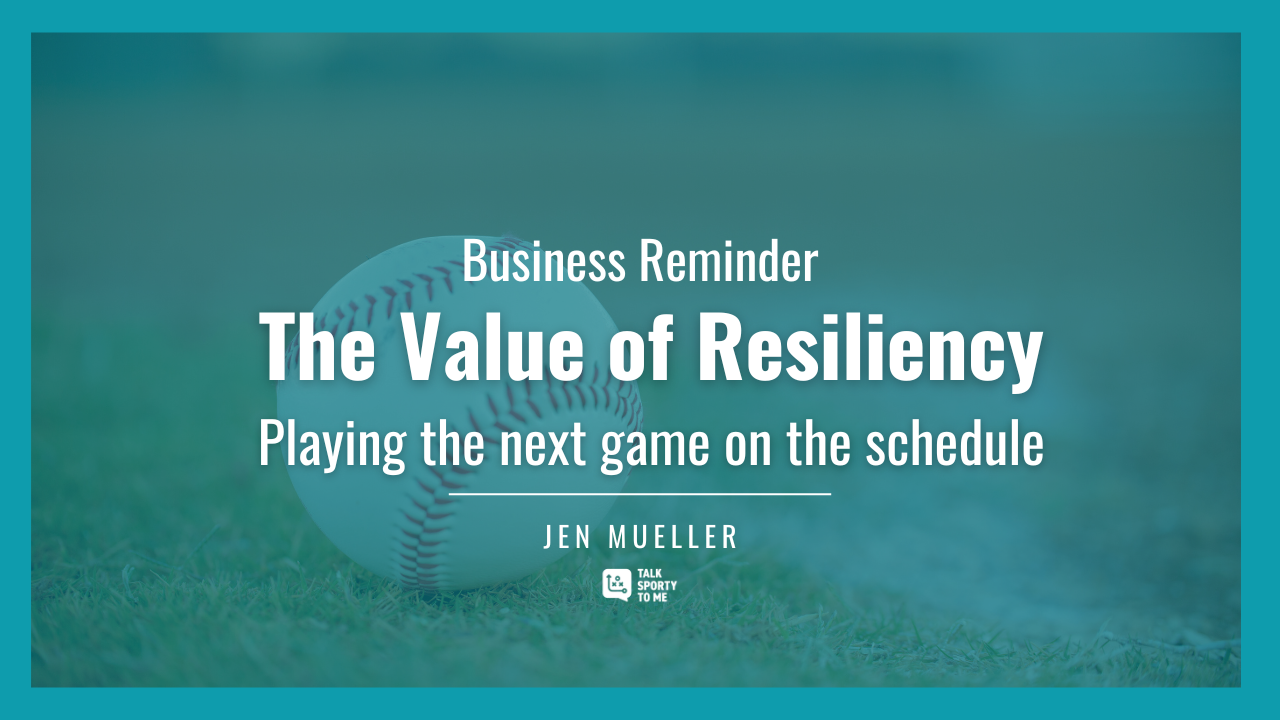Every week for the last 15 years I've posted a list of what I thought were Sports Conversation Starters...but I might have gotten it wrong. It might b...
Sports is entertainment. I get that. I'm a sports broadcaster and a fan. I see the fun side of sports every day, but I also see all the different ways...
I forgot how awesome it is to be a fan.
That might sound weird, but cheering is not only discouraged it’s not allowed where I sit or stand for games....
You mean well. It's said with the best intent. Which is why it feels like you’ve been blindsided when it backfires.
Giving false praise leads to con...
I initially deleted the Google alert and then sorted through the trash bin to recover a short writeup of the Mariners win against the NY Yankees Wedne...
You know what a sports fan, athlete or coach will never say? "That was a bad win."
Never. You will never ever hear them say that. Why? Because a ...
Have you ever found yourself trapped in a conversation you didn’t care about? Me too!
Just last week I was part of a conversation that didn’t intere...
This weekly list of sports conversation starters isn’t just to spark sports small talk, it’s to provide a springboard to talk about whatever you’d lik...
437. Wait. Make that 439. That’s the number of emails in my inbox. Four of those are unread. Most of them need to be deleted. As much as I would love ...
It’s really hard to concentrate when the sun is out in Seattle.
I know it’s a sentiment shared by most of us here after extended stretches of clouds ...
Anything can happen on live TV. Usually it doesn’t. Things go (relatively) smoothly most of the time. When it doesn’t I think back to how my mentor vi...
I don't know about you but when I think of resiliency or being resilient there's always a positive outcome in the end. As in, you stuck with it, even ...

















